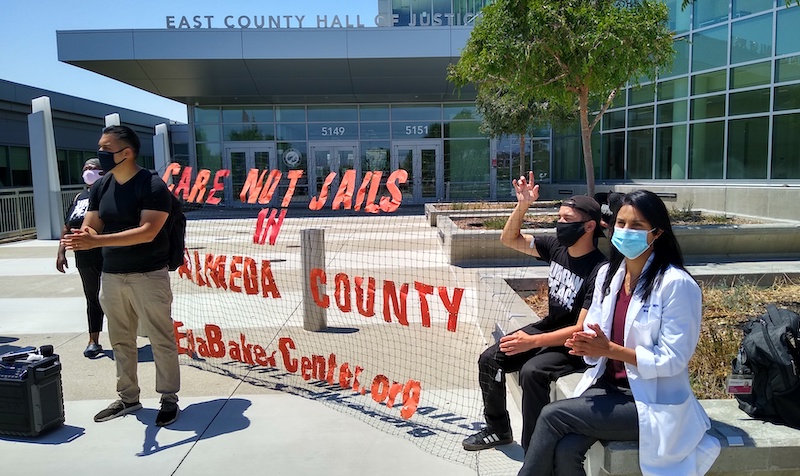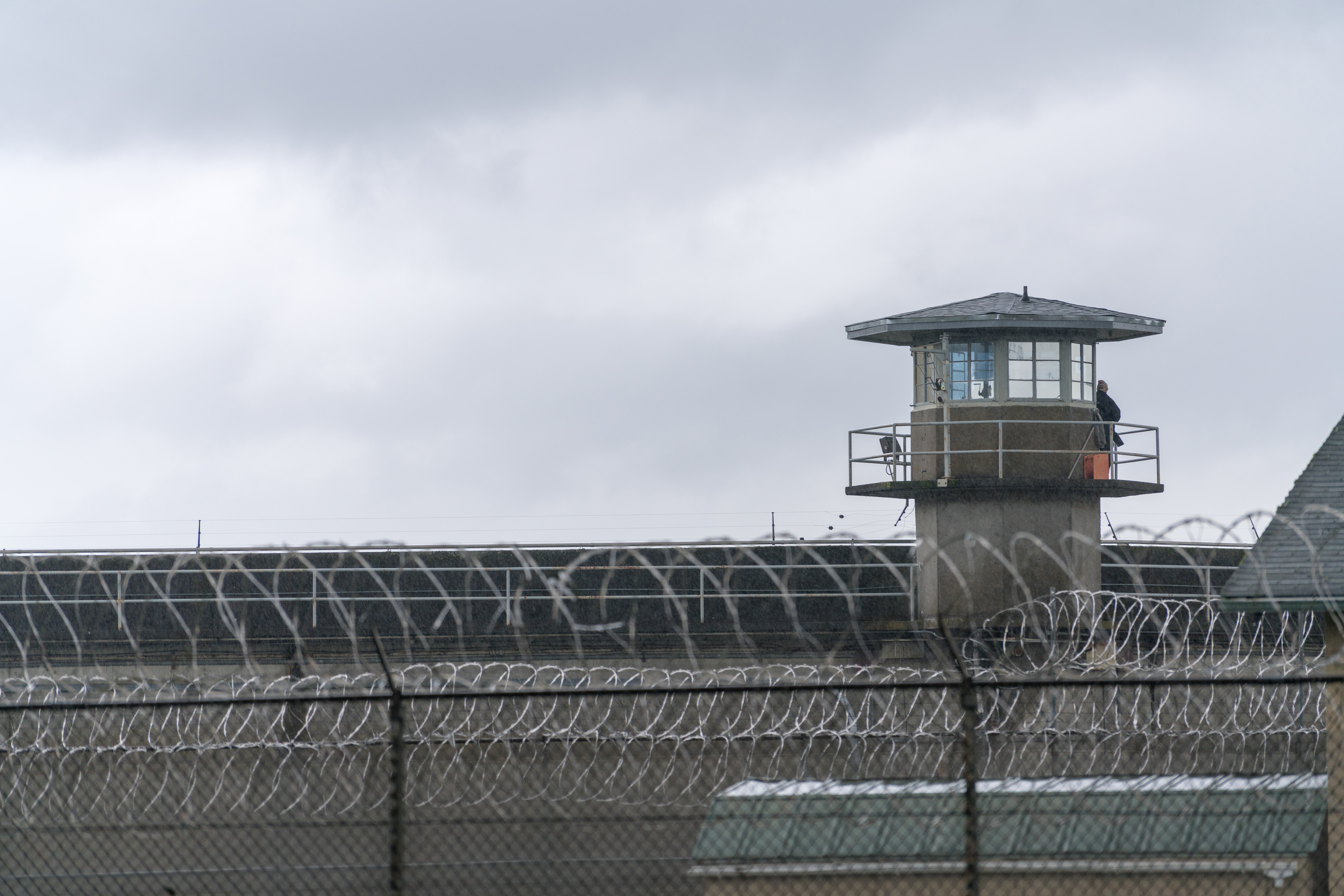
The three largest mental health treatment facilities in the U.S. are jails. The criminal justice system has become the primary way the United States deals with mental illness. In the second of a two-part documentary, we see how some communities are working to find solutions to this misalignment of care.
Listen to part one of this series here.
"You can't get well in a cell. The jail is overcrowded. The clinicians who are trying desperately to care for ill people in the jail are understaffed, under-resourced."
In the past year, both the coronavirus and the movement for black lives have shown that focusing on mental illness is key to transforming our criminal justice system.
This story was co-reported by Sarah Shourd. It was edited by Lisa Morehouse and mixed by James Rowlands. The series was supported by the National Geographic Society's Emergency Fund for Journalists and the Pulitzer Center. Special thanks to Brian Bull at KLCC.













